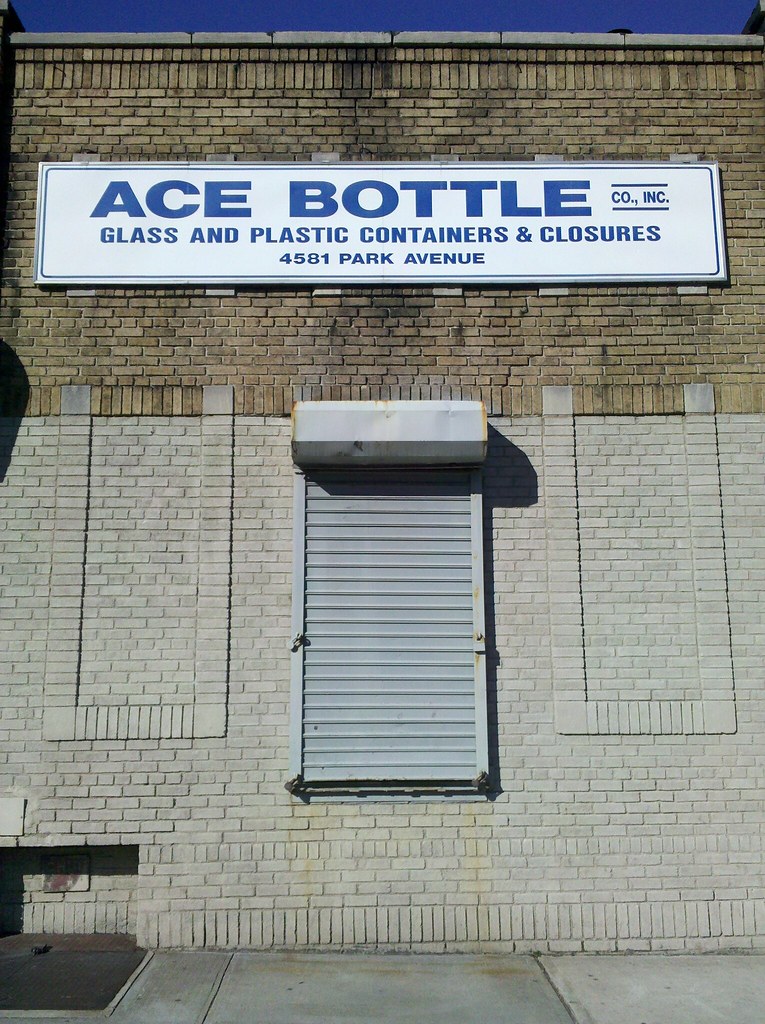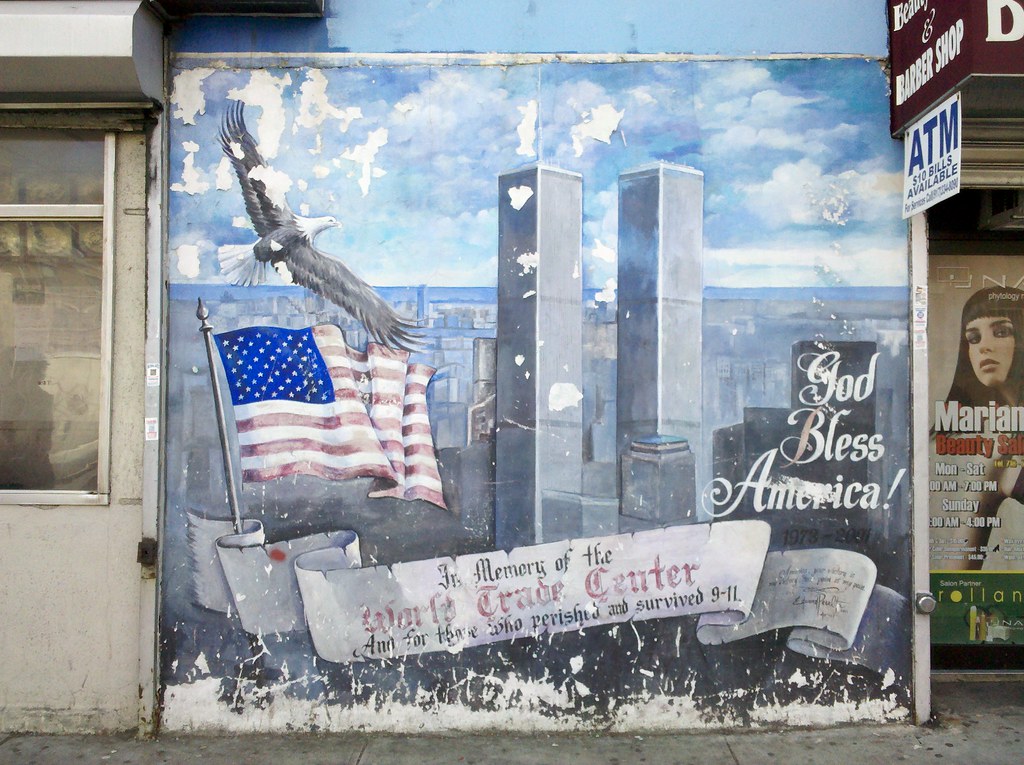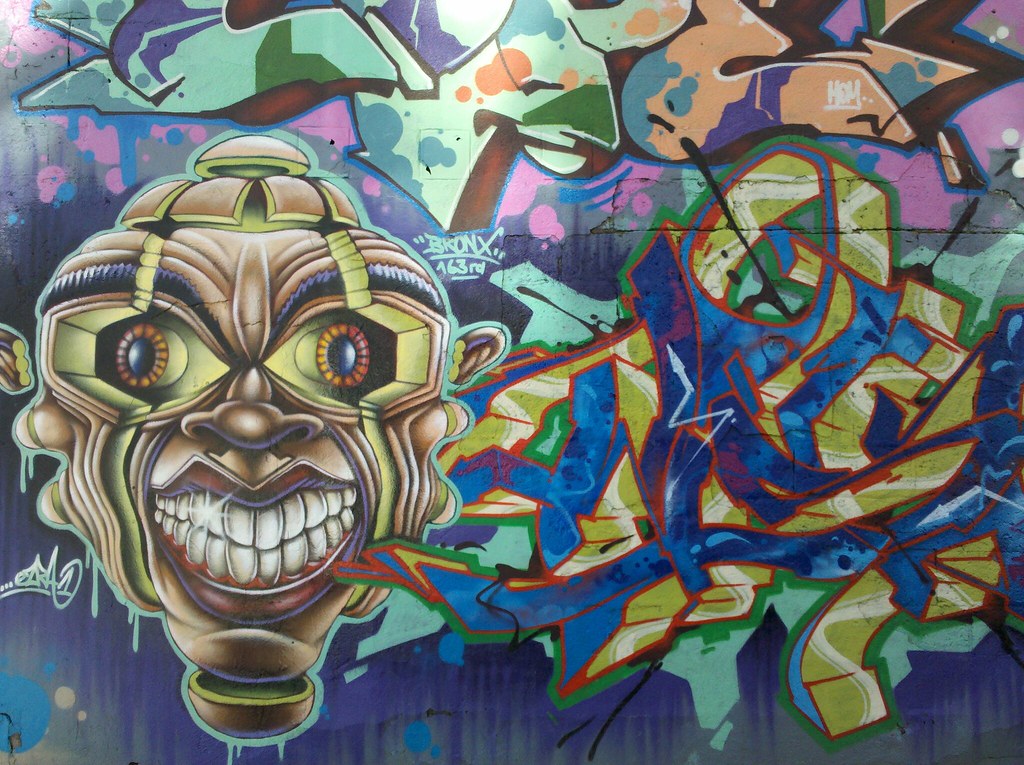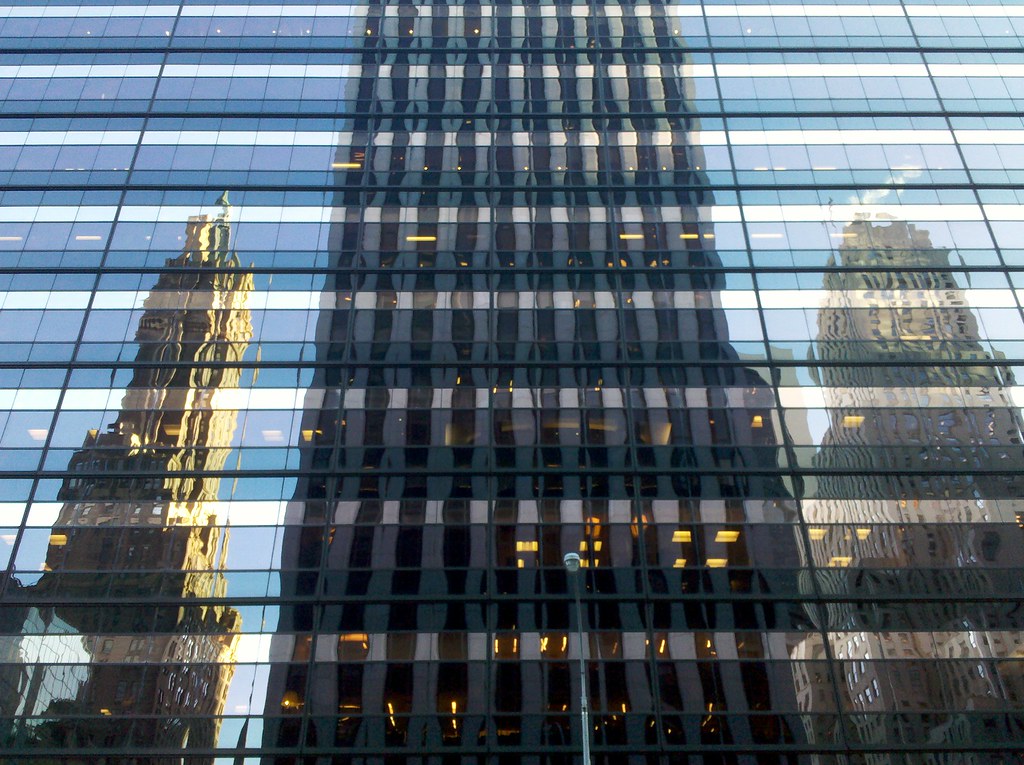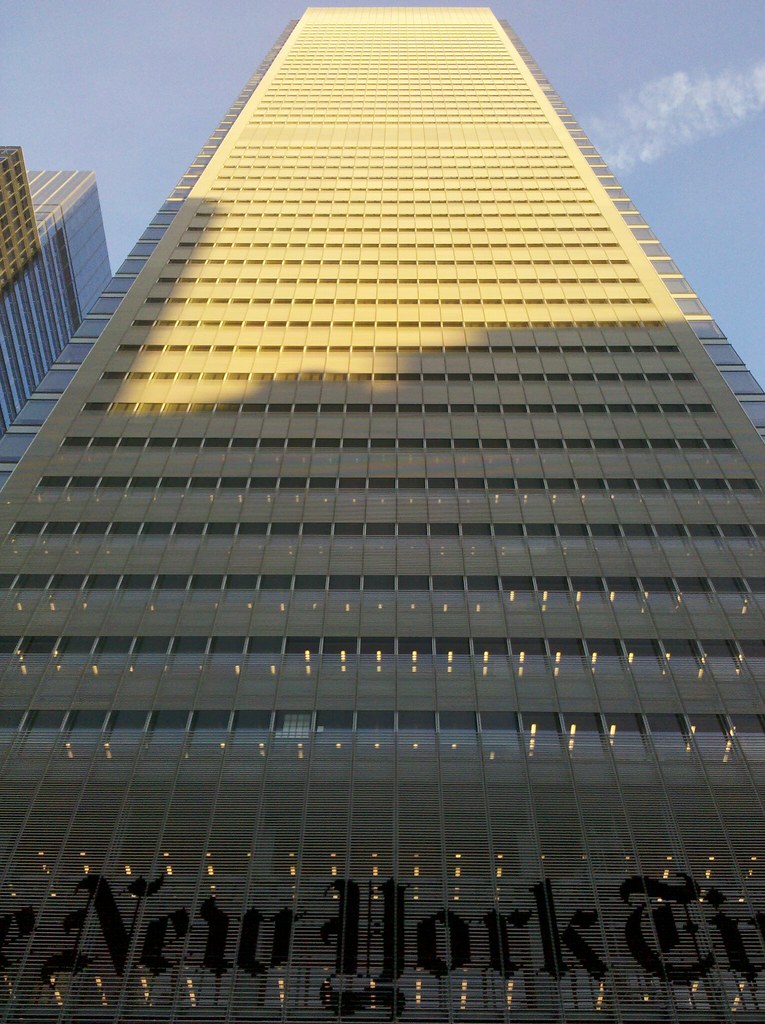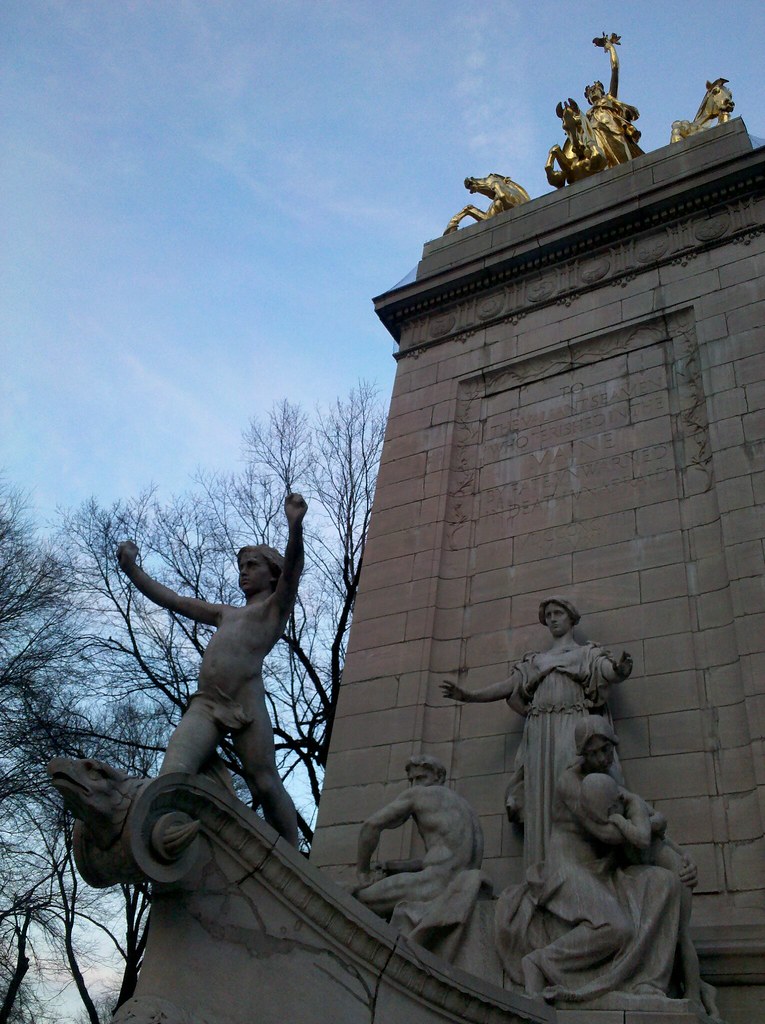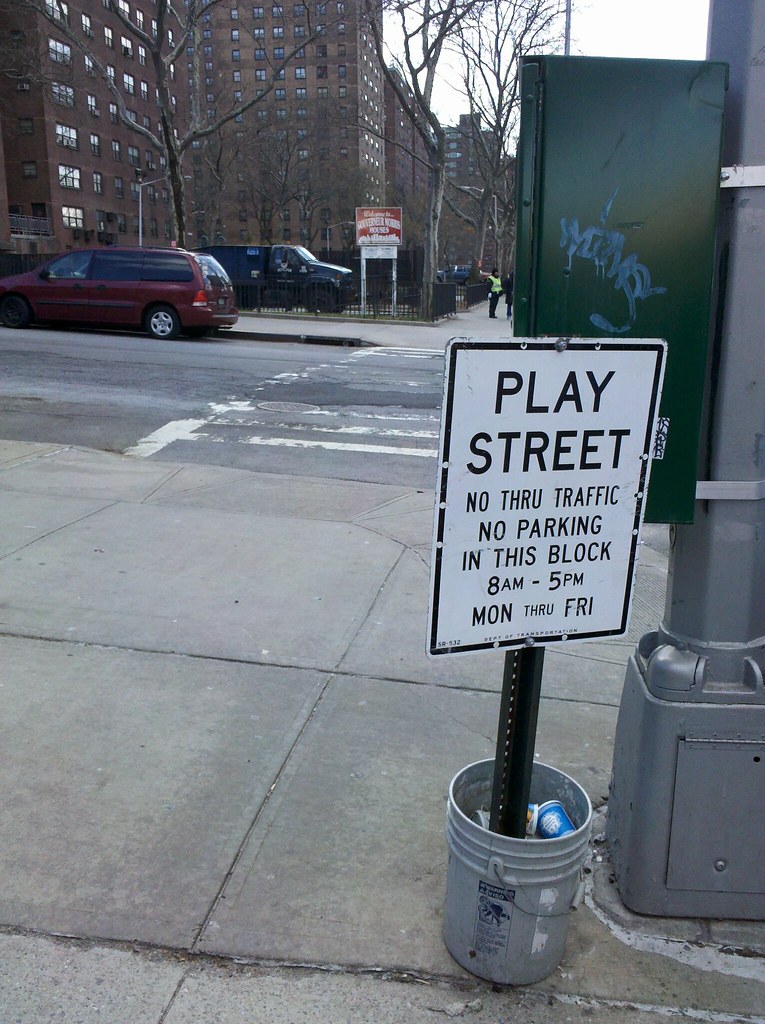
Play streets — blocks of local city streets that are closed off to vehicular traffic during certain hours to give kids a safe place to play — date back to at least 1915. You can see old photos of play streets here and here.
Play streets currently seem to come in two distinct varieties. Summer, or community, play streets operate during the, well, summer, mostly "in neighborhoods where money and open space are scarce. Play streets often serve children who cannot afford day camp, much less sleep-away adventures." School play streets, on the other hand, operate during the school year and provide extra recreational space for "schools with limited or no access to a gymnasium, multi-purpose space, or outdoor recreation facilities."
Here's a short video of a summer play street in action. The kid at 0:36 just can't restrain himself.
The sign above is located outside an elementary school (PS 55), but it looks to me, based on its hours, like it's for a summer play street. (If that is indeed the case, I have no idea what it's doing on the sidewalk here in January.)
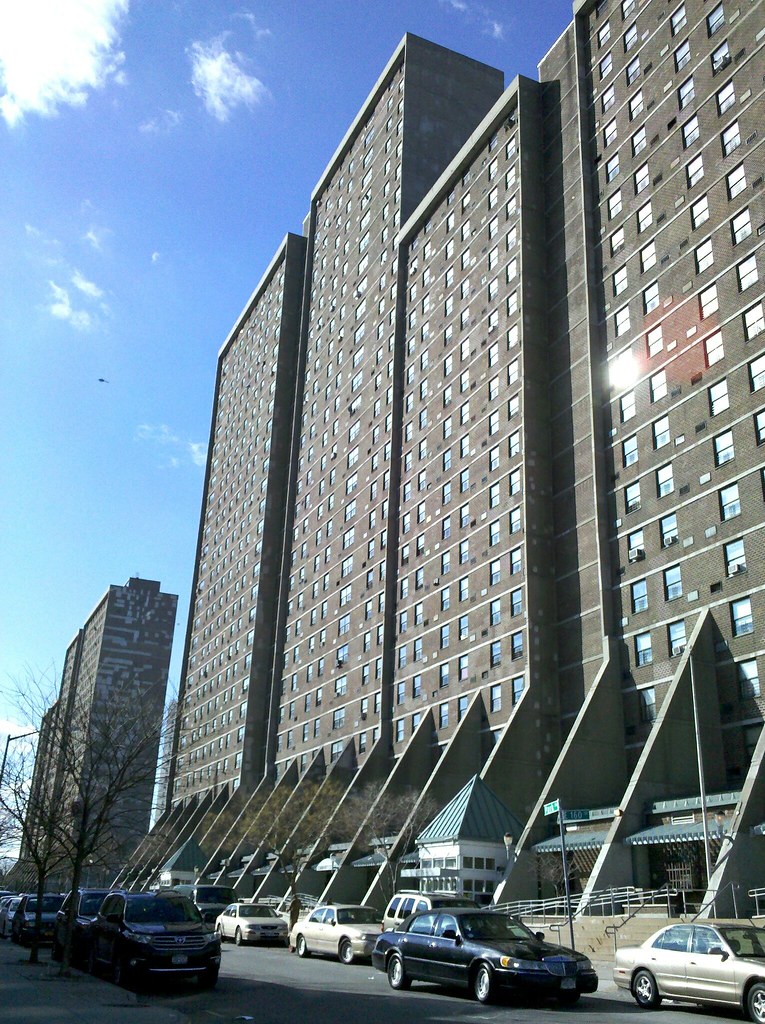
Reminiscent of some other apartment buildings we've seen, this strangely named public-housing complex is built atop Metro-North Railroad tracks.

To the south you can see the Park Avenue Bridge, a lift bridge that carries the Metro-North Railroad, including the line beneath Morrisania Air Rights, over the Harlem River between Manhattan and the Bronx. The Madison Avenue Bridge, on the other hand, is a swing bridge. When open, its turning span aligns with the wooden structure visible here, which provides both protection from oncoming vessels and easy access to the underside of the bridge for maintenance.

Built in the 1890s, it had begun to attract a gay clientele by the 1930s. It survived the height of the AIDS epidemic in the 80s, when the city shuttered many other gay meeting places, but was closed in 2003 after failing a building inspection.

There was a big uproar a couple of years ago when residents of new luxury apartment buildings bordering Marcus Garvey Park began lodging complaints against the drum circle, which has been a community fixture since 1969.
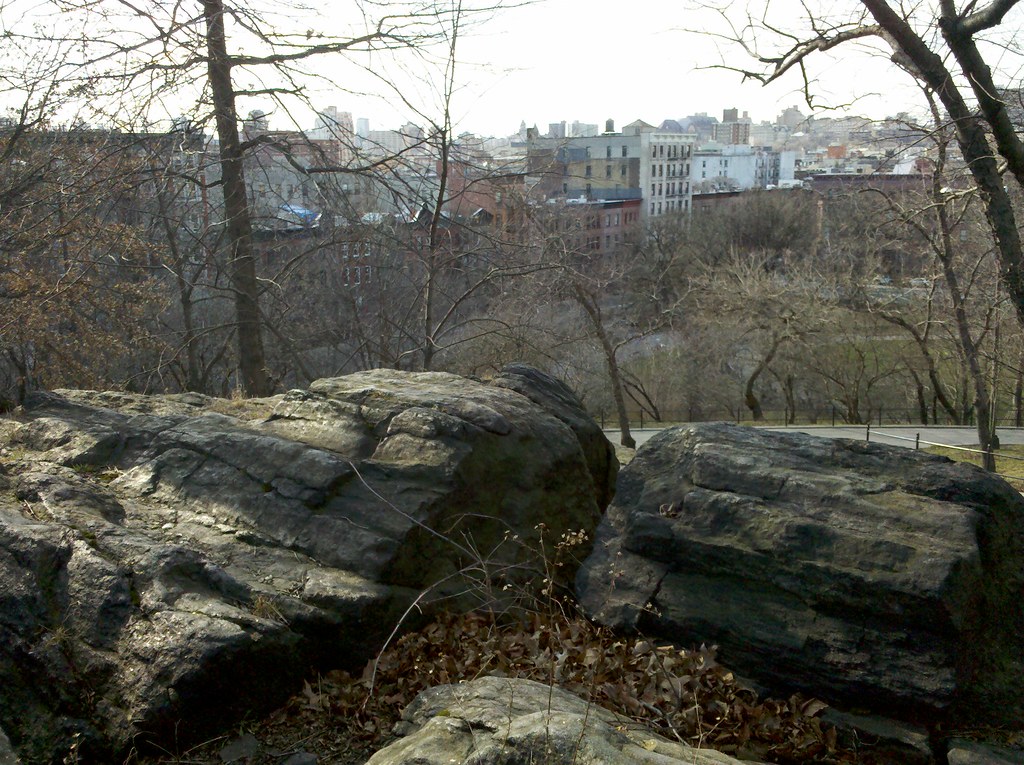
That's 120th Street at the southern edge of Marcus Garvey Park, formerly known as Mount Morris Park.
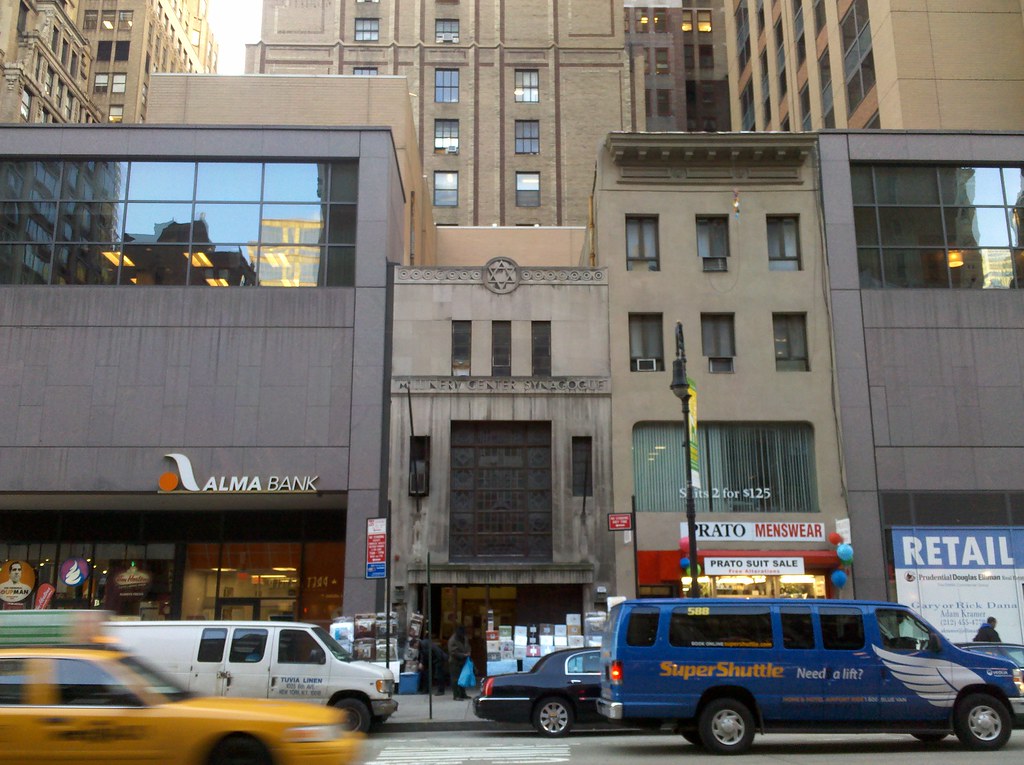
See all those colored squares out front? They're selling sheets and towels!

This is the office of Marshal Biegel. He has the best phone number of the bunch, but is still out-earned by his colleague Martin Bienstock.
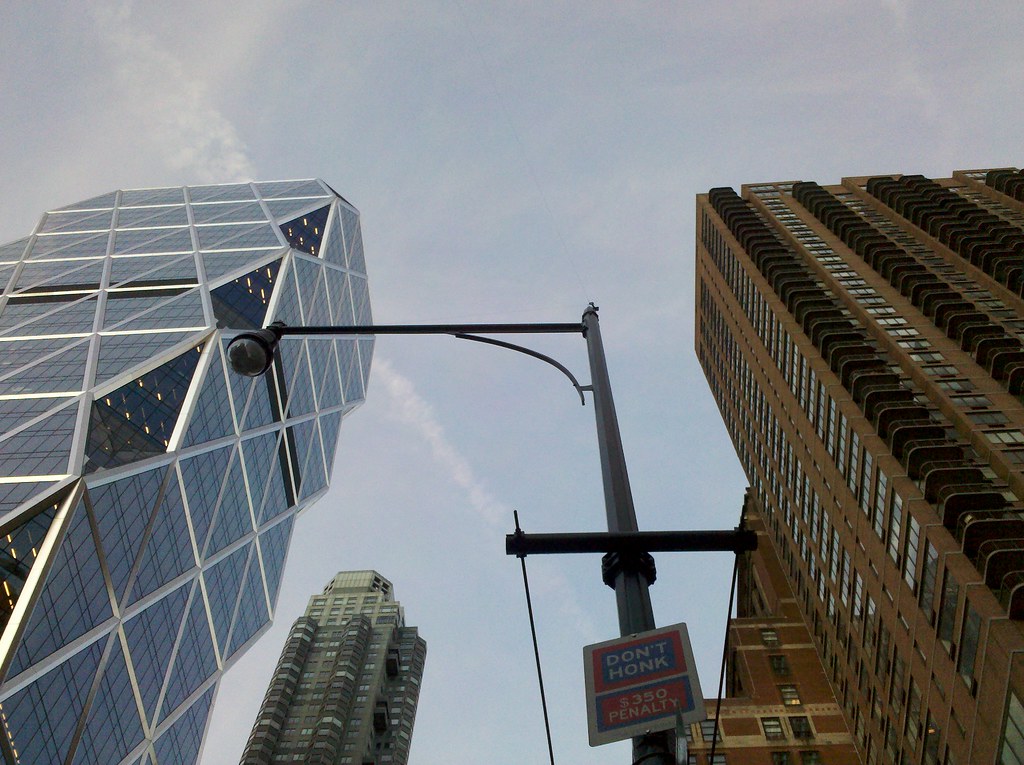
If you look closely at the very top of the lamppost, you might be able to make out two taut pieces of fishing line, one running toward the top and one toward the left side of the photo. They are part of the Manhattan Eruv, an eruv being a ritual enclosure in which observant Jews are allowed to carry things in public on Shabbat (the Sabbath), which would otherwise be forbidden. Eruvs are inspected regularly, and a break was found in the Manhattan Eruv a few months ago on a Friday afternoon, hours before the start of Shabbat, in an area near the United Nations where access was restricted because the UN General Assembly was meeting.
I took this photo at the intersection of 8th Avenue and 56th Street, looking north. All the maps I can find online show the eruv running straight along 56th Street here, but you can see in the photo that it turns south onto 8th Avenue. Perhaps it was recently altered to include a larger area?

